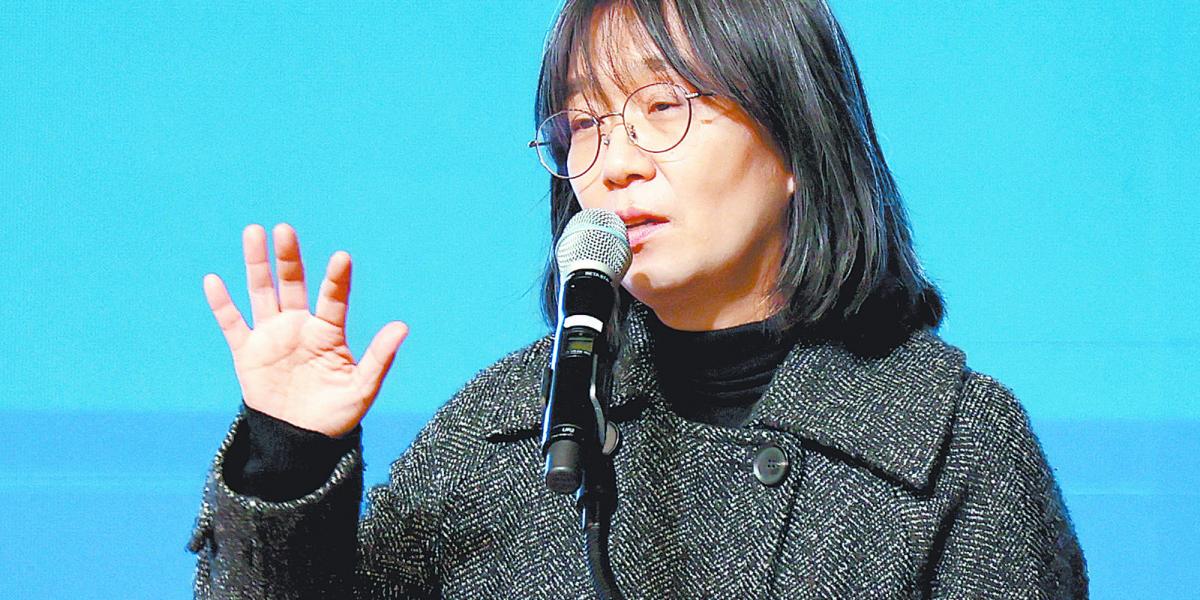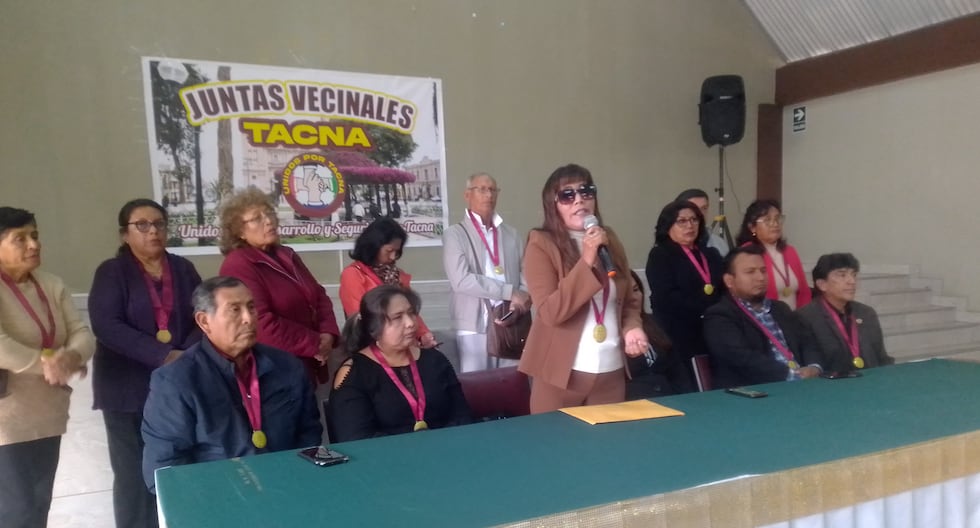“Someone called me and told me the good news, but I was surprised. I had just had dinner with my son. In Korea it was only eight o’clock, it was a quiet night, that’s why this call surprised me.”
It was the first response that the writer Han Kang (Gwangju, South Korea, 1970), about to turn 54, expressed, succinctly, during the call of the journalist Jenny Rydén, representing the Swedish Academy, after being announced as deserving of the 2024 Nobel Prize in Literature and thereby becoming the first Korean to win the highest recognition in the world for a literary career.
“Since I was a child I have been surrounded by books, written in Korean and translated. So I could say that I grew up with Korean literature to which I feel very attached. Therefore, I hope this news is good for readers of Korean literature and for my writer friends,” Kang added from his home in Seoul.
Jenny Rydén then asked the winner where a reader who is newly interested in her literary work can start, and she responded:
“I think every author likes their most recent book, mine is We do no part (2021). Maybe this book can be a good start. And Human acts (2014) is directly connected to that. Then, there is The White Book (2016), which is a very personal book for me because it is extremely autobiographical. And, of course, there is always The Vegetarian. Although it seems to me that the best start could be We do not part.”
Of course, The Vegetarian is the novel that has had the greatest diffusion and has placed the Korean author’s books in the hands of readers around the globe. For that reason it was inevitable to ask her about the value that the work has for her.
“I wrote it over three years, they were three very difficult years for me, for various reasons. I struggled to find the images of the protagonist, of those around her, while the scenes of the trees, of the sunlight, began to be very vivid in those three years,” the other end of the line simply responded.
Finally, asked how he would celebrate the news, Kang said, “Once this call is over, I would love to have a cup of tea. I don’t drink. “I’m going to have tea with my son and celebrate quietly tonight.”
A taste of his work
In the novel The Vegetarian – originally published in 2007 and translated into English in 2015 – Kang tells the story of a middle-aged Korean woman who, one night, decides not to eat meat anymore. The protagonist does not say a single word during the story, but her story is told from three different perspectives: by her husband, her brother-in-law and her older sister. The reactions of the witness narrators range from abhorrence to sexual fascination and the most poignant envy. They contrast sharply with the protagonist’s mute refusal to back down despite the shame she has brought to her family. This narrative choice allows us to have first-hand a sharp portrait of a patriarchal society obsessed by careerism, rigid and sometimes tyrannical social norms and conventions.
For The Vegetarian, the South Korean author won the International Booker Prize in 2016, one of the most prestigious awards in the world to recognize a fiction publication translated into English.
Another of his works available in Spanish is The Greek Class, originally published in 2011 and translated for the world in 2023.
It is a short but intense and psychologically penetrating novel, describes the Swedish Academy. “It is an intimate portrait of two individuals who have lost or are in the process of losing the most vital links that connect them to the outside world.”
After having suffered domestic abuse, the protagonist takes refuge in muteness, while the male character is slowly losing his sight due to a hereditary disease. To recover the ability to communicate, she decides to take courses in ancient Greek – she thinks that a language that is no longer spoken cannot harm her – and he, who is gradually losing his vision, is her teacher. “It’s a kind of delicate love story. The novel traces their attempt to, if not overcome it, at least try to find a common point in their shared grief,” says the Academy.
“Confront historical traumas”
When the Nobel award for the South Korean author was announced, the minutes recognized “her intense poetic prose that confronts historical traumas and exposes the fragility of human beings.”
With Kang, only 18 women have won the Nobel Prize in Literature since its first edition in 1901. Among them, the Chilean author Gabriela Mistral (1945), the American novelist Toni Morrison (1993), the Polish Wislawa Szymborska (1996), the German Herta Müller (2009), the Russian journalist Svetlana Alexievich (2015), the American poet Louise Glück (2020) and the French Annie Ernaux (2022), among others.
Likewise, Han Kang is confirmed as not only the first Korean but the first Asian woman to win the Nobel Prize in Literature and the fifth Asian winner among four men. It was previously received by Rabindranath Tagore (India, 1913), Yasunari Kawabata (Japan, 1968), Kenzaburō Ōe (Japan, 1994) and Mo Yan (China, 2012).
The 2024 Nobel Prize in Literature will be awarded to him in Oslo, Norway, on December 10. (With information from nobelprize.org)

















